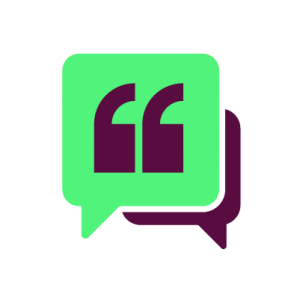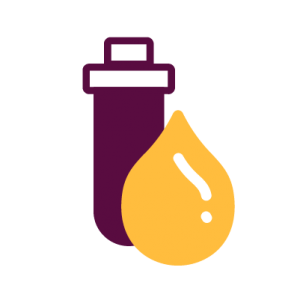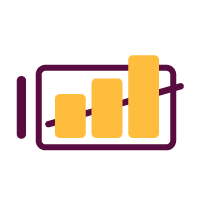Newly Independent SampleCon Appoints Master of Ceremonies for its Flagship Event
January 6, 2016 — The SampleCon Board of Directors officially announced their choice to preside over SampleCon 2016. Jacqueline Rosales, COO of SoapBoxSample and SampleCon Founding Member, will emcee the sample conference coming up later this month. In this role, Jacqueline Rosales will help to foster a collaborative environment for frank discussions about the future of the sample industry in addition to announcing the events, and overseeing the flow of the agenda.
By taking an active role in the re-definition of SampleCon as an independent company, SoapBoxSample aims to positively influence the sample industry for years to come.
Jacqueline Rosales commented, “I’m honored to be playing such a key role in SampleCon 2016. This is a crucial moment for the sample industry. By creating an engaging sample conference now, we can continue to build a community of involved members.”
The only Market Research industry conference focused solely on sampling evolved in 2015 into a non-profit organization run by an independent Board of Directors. As part of the organization’s revamp, Jacqueline Rosales was appointed to an annual term as Treasurer of SampleCon.
SampleCon 2016 will take place January 25-27 at the Ritz-Carlton New Orleans. Exploring progress in sampling will be the focus of the discussions. Over the past year, the Board of Directors and the newly appointed 2016 Conference Board, have partnered with industry bodies to further drive the establishment of common protocols and definitions, explored at the 2015 conference.
About SampleCon
SampleCon was launched in 2013 by Lucid [formerly Federated Sample] with the goal of creating an open forum for discussion of topics in the sample industry. In 2014, Jacqueline Rosales, SoapBoxSample; Bonnie Breslauer, Lightspeed; and Mendy Orimland, Prodege joined Patrick Comer and Andy Ellis of Lucid and Fulcrum joined SampleCon as Founding Members. This transition further solidified SampleCon as the industry changing conference focused on survey sampling. Since its inception, SampleCon has experienced exponential growth and the unique ability to attract industry players from organizations across all facets of the sample space.
To learn more about SampleCon and register, visit www.samplecon.com.















